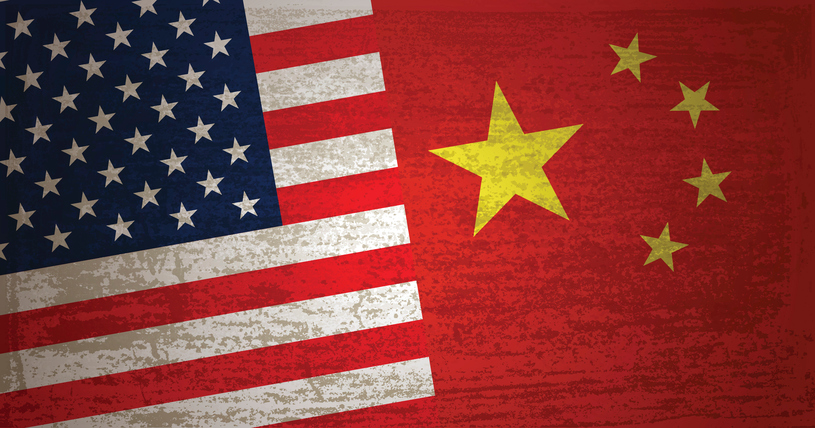We recently guessed at what President Trump’s then-proposed tariffs on metal imports could mean for the manufacturing landscape. Since that time, China has retaliated on these import tariffs to place tariffs of their own on U.S. imports. The U.S. government proposed another $100 billion in tariffs on Chinese goods, and China has responded that they’ll meet every tariff with a tariff of their own. This back-and-forth has sparked many debates as to how much the tariffs will affect either country.
A recent report from CNN Money speculates that China can only handle a tit-for-tat approach to these tariffs for so long, as the country exports much more with the United States than it imports. Upwards of half a trillion dollars of American imports in 2017 landed in Chinese markets, against $130 billion dollars of exports to the U.S. Bystanders expecting this to mean the U.S. simply needs to wait out their Chinese counterparts would be sorely mistaken. While China exports far more to the U.S. than it imports, its planned tariffs are incredibly strategic.
Soybeans are one of the three key U.S. exports the Chinese plan to impose tariffs upon, and the country is the largest importer of soybeans in the world. The U.S., on the other hand, sends more than half of its soybean exports to China, causing many in the industry to worry about what that could mean for their profitability. If tariffs continue to escalate, another area primed to feel the impact of a trade war is tourism. That same CNN Money report shows over 50% of the U.S. trade surplus with China is from Chinese tourists in the United States, whether on a vacation or in the country of college. The Chinese government has used tourism restrictions to affect travel to South Korea in the past, leading many to believe they would do it again with the United States. Lastly, anti-American sentiment could rise for companies that heavily depend on China to meet and exceed profit margins, such as Apple, Starbucks and the entire film industry.
The other side of this coin is that China has come to rely heavily on imports of American goods. Those soybeans imported from the United States are more efficiently processed and imported in far larger quantities than any other country. China would be hard-pressed to find a suitable replacement if American imports suddenly plummeted or stopped all together. Additionally, American companies that operate facilities in China provide valuable jobs for its citizens. Apple, for example, employs vast numbers of Chinese workers in assembly plants.
While the repercussions of a growing trade war with China are far more than those outlined above, it shows how volatile markets can be if their balance is disrupted. The imposed (and proposed) tariffs have clearly shown that each country is serious about protecting their trade interests, and it’s likely that new trade agreements will be reached because of these threats. What do you think will happen with the escalating trade talks with China? Let us know in the comments.
